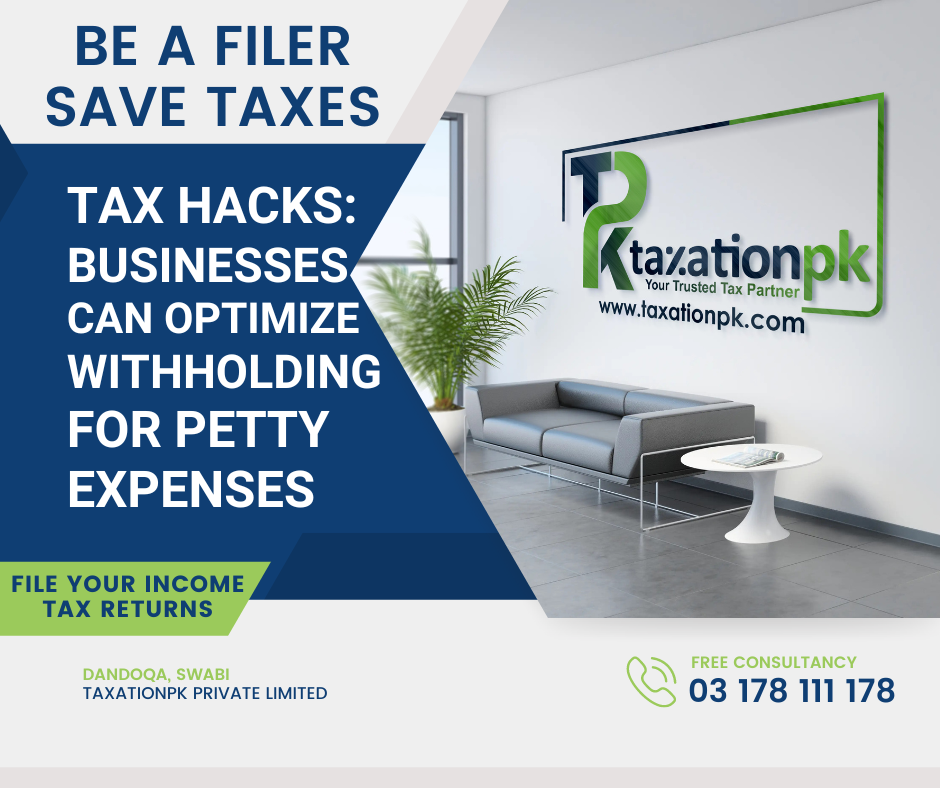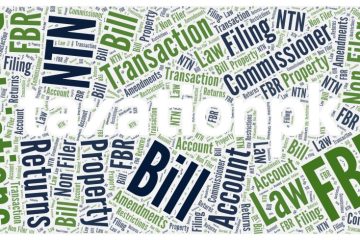Tax withholding can be confusing, especially when it comes to everyday business transactions. This article aims to demystify the process and help you understand your obligations as a withholding agent or recipient.
Who is a Withholding Agent?
Any registered company regardless of the turnover, any individual business with a turnover exceeding Rs. 100 million in the past five years is automatically a withholding agent. This means you’re responsible for deducting tax at source on certain payments made to vendors or suppliers.
When to Withhold Tax:
Tax withholding applies to payments exceeding specific limits:
- Goods: Rs. 75,000 per transaction (limit is applicable annualy)
- Services: Rs. 30,000 per transaction (limit is applicable annualy)
Exceptions:
- Non-registered vendors: You don’t withhold tax if the vendor hasn’t registered for tax purposes.
- Exemption certificate: If the vendor provides a valid certificate indicating tax exemption, withholding is not required.
- Petty expenses: Payments below the limits (Rs. 75,000 for goods, Rs. 30,000 for services) are exempt from withholding.
Consequences of Non-Compliance:
Failing to withhold tax when required can lead to legal penalties and additional tax liability.
Practical Example:
Mr. A sends you an invoice for Rs. 50,000 (including tax). You’re a registered company, but Mr. A is not. Since the amount is below Rs. 75,000, you don’t need to withhold tax in this case.
Additional Points:
- Notice: If you receive a notice from the tax department under Section 153, you’re required to deduct tax even if conditions for exemption are present.
- Internal benefits: These are not subject to withholding tax.
- Seek professional advice: For complex situations or specific guidance, consult a tax professional.
Remember:
Understanding tax withholding is crucial for businesses and individuals to avoid legal complications and ensure compliance. By following the guidelines and limitations outlined in this article, you can navigate tax withholding with confidence.
Disclaimer: This information is for general awareness only and does not constitute professional tax advice. Consult a qualified tax professional for specific guidance on your situation.






